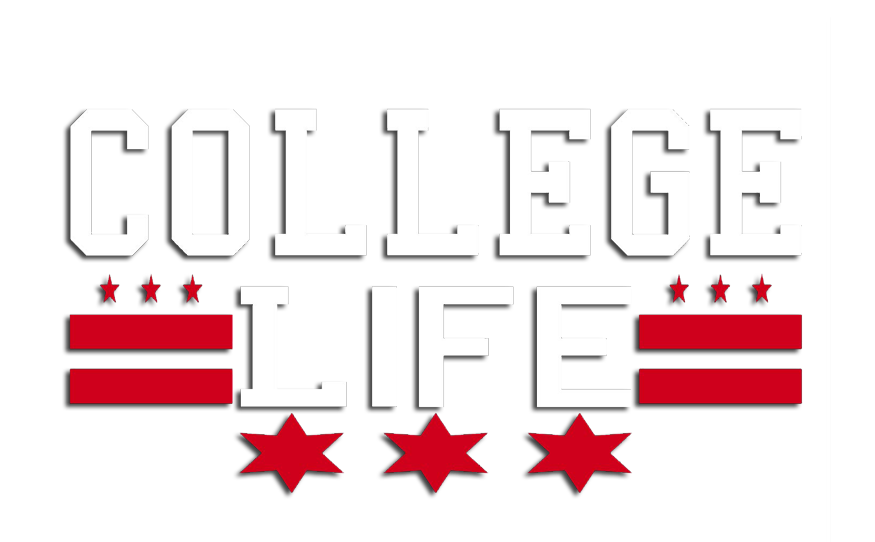Getting into college is getting more difficult for applicants every year. Consider the competitive applicant pool combined with increasing tuition fees and the cost of living on campus. With a college education becoming more and more difficult for the average student to attain, it is not uncommon to jump into a job that will help you save up and earn that degree. It will take time, effort and the proper mindset to survive the already challenging college life and the demands of work. Here are a few things you should do to make the most out of college while working:
Prepare
Working while studying will take a lot of time and energy. Plan ahead and try to imagine how your typical day would look once you start working. See if there are jobs available on campus. Businesses around college campuses are usually student-friendly, as they have employed students in the past. On a free day, put on something nice and head out in search of job openings at different places in the area. Remember to keep your class schedule in mind, so you can determine if you’re able to make a commitment to a job schedule.
Also, try to look for jobs in your prospective career field. There are often positions offered through school on-campus programs, where you will be able to earn money and also connect with faculty. In a way, on-campus opportunities are an extension of your studies.
Before the semester begins, approach your professors and let them know your work schedule, so they are aware of any potential conflicts, in advance. There will be instances during the semester when it’s necessary to miss class, so be sure to make your professors aware of your busy schedule ahead of time. Some actually don’t mind if you need to miss lectures, as long as you submit their assignments on time. Take advantage of these situations and always honor your commitment.
Prioritize
Between juggling work and school, it’s important to prioritize your days. This is important, especially if you have to commute to work and make it back to campus for class. Schedule project meetings and group studies on weekends when the academic demand is at its lowest.
At this point, you may have realized that you will have to cut down on social activities. Forget the weekend parties and spend time recharging your energy. Of course, you don’t have to let go of your social life altogether. It’s just a matter of planning accordingly. Free time will allow you to have all the fun you need.
Be diligent in taking notes. It is highly unlikely that you will remember everything your professor discussed in lecture. Have a notebook that’s easy to carry around. This way, you can keep them handy during down time at work, or when you’re eating lunch in between classes. Consuming small amounts of information over a period of time is better than cramming a semester’s worth of studying into one night. And, no matter how tempting it is, do not even think about procrastinating!
Freelance
Most students looking for work do not even consider working freelance jobs. Freelancing let’s you make your own schedule and work on your own time. If you have skills in web development, writing, or design, the market is very large, and you would be surprised at all the opportunities out there. Instead of asking businesses around campus for employment, offer your services for a freelancing position.
You can improve a company’s website, or offer social media marketing. You can also revamp their logo and the look of their offices. You can accept several projects when your academic workload is light and take on easy projects during exam season. It is still hard work, but once you have your first clients and produce high quality work, word-of-mouth will take care of your marketing.
At the end of the day, you are trying to earn a degree, and that should always be your top priority. It may look like you are earning enough to drop out of school and begin your career early, but in five to ten years, you will look back and regret having made that decision. Just keeping pushing forward, and stay focused on the long-term goal: graduating.







